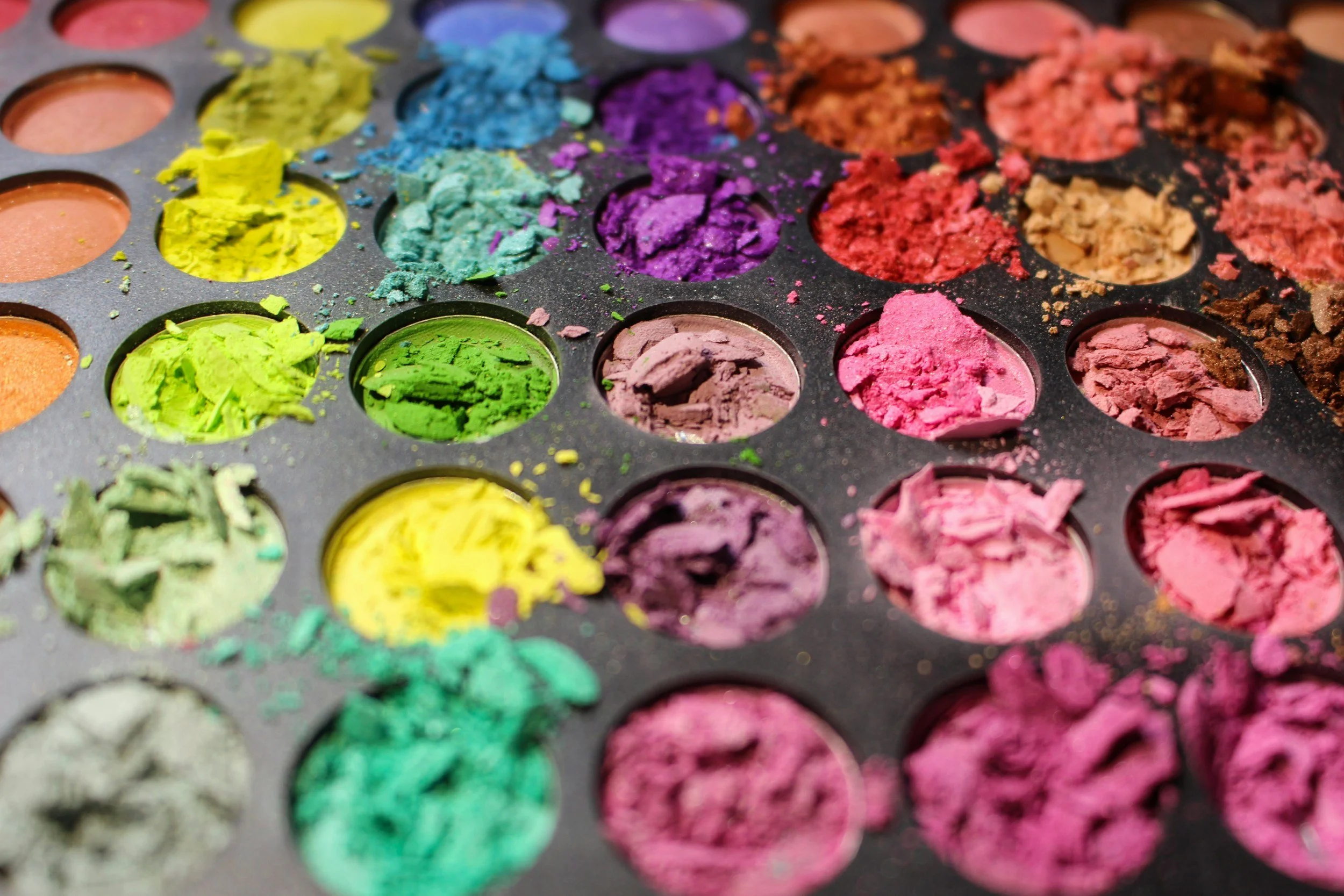Therapy is never “one size fits all.” Just as every single person who comes in to see a therapist has their own unique experiences, ideas, and background, so should every therapy session. And this may come as a surprise, but so should every therapist. We are people too!
Therapists come with our own set of ideas, types of baggage, levels of education, and varieties of experience. But it is our job to create an inclusive, open, welcome, and safe space for everyone who comes through our door or joins our secure, encrypted, HIPAA-compliant, Fort-Knox-level-security video calls.
Affirming therapy goes beyond simply tolerating or even celebrating queer + trans identities and experiences. Affirming therapy centers these identities. To be affirming means we are consistently working to divest ourselves of holding cis-het-mainstream culture as the default, as the basis on which truth is measured, or as an aspiration for everyone.
Affirming therapists are able to help our clients with any issue that brings them to therapy. AND we are able to help our clients work through issues that queer + trans people specifically face, including homophobia, transphobia, heterosexism, cissexism, and more.
There are many different ways we can educate ourselves on affirmative therapy, from listening to people with lived experience (and compensating them adequately for their labor), to seeking formal training and education, to committing to mentoring from others in the field, to understanding queer communities through our art, media, and culture. There is always room for education and growth in a variety of ways. But there are also some key principles that therapists, can keep in mind while we create a safe and inclusive space of affirming therapy for our LGBTQ+ clients.
By the way, being part of a marginalized or oppressed community doesn’t automatically guarantee that we know what we’re doing. Just like being a therapist doesn’t guarantee it either. It’s everyone’s responsibility to engage in the deliberate practice of active allyship and affirming therapy.
























